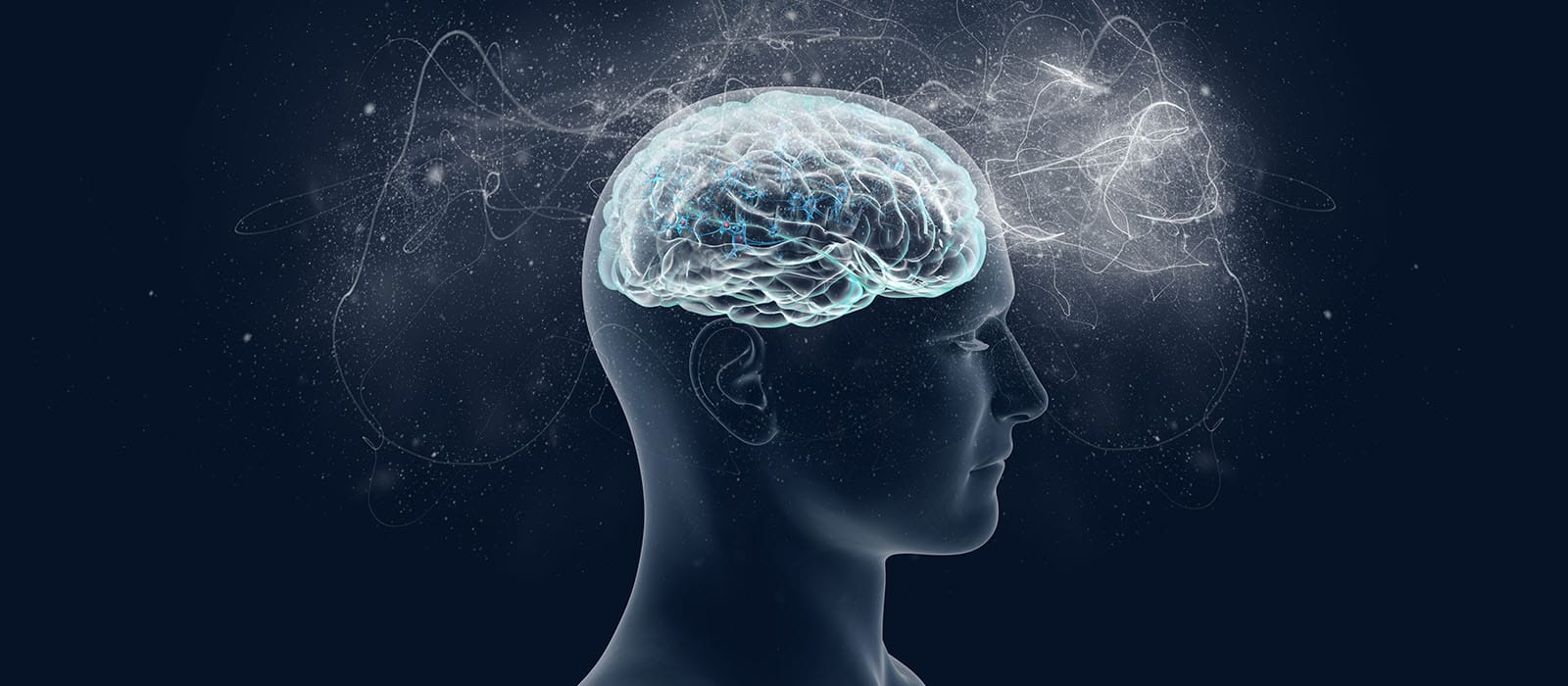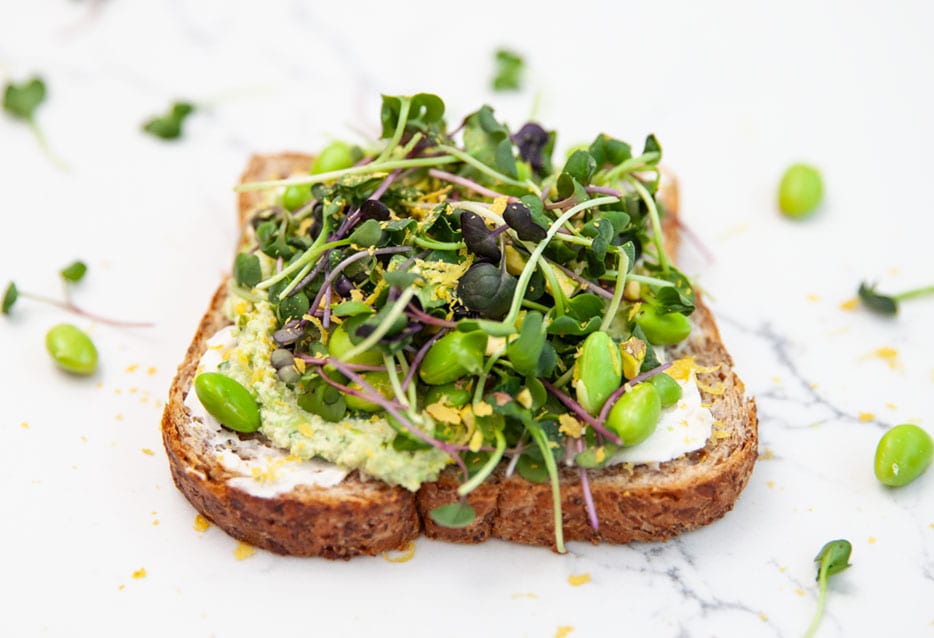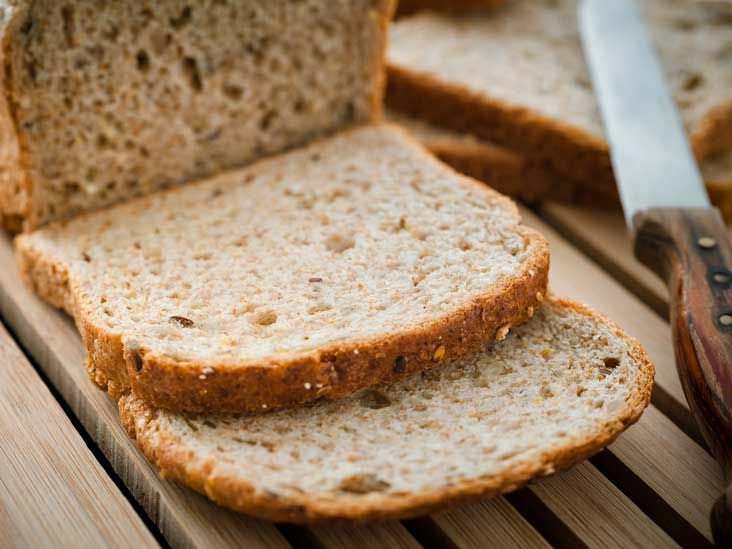Rinse & rePeat
Member
- Joined
- Mar 10, 2021
- Messages
- 21,521
“Got wheat and gluten down to almost 0 % levels, for some reason wheat or gluten can cause grey hair, I am not sure not even to this day which one and how and why,”
 raypeatforum.com
raypeatforum.com
Gray Hair REVERSAL ! WE`RE ALMOST THERE GUYS ! We Can Do It !
Alright bros, it`s been 2 years since my research started and I`m here to share what I know with you ! also we can do this together and help each other with what info we got and mix it together and hopefully to work this out ! and solve this issue ! Long story short : my first gray popped up...







